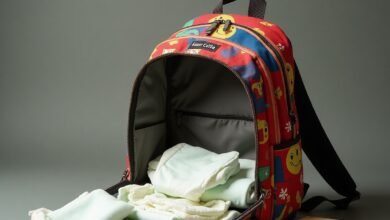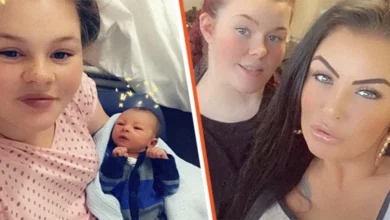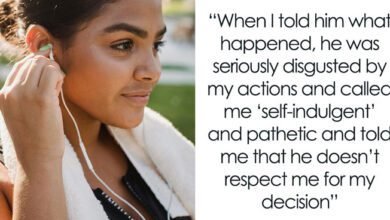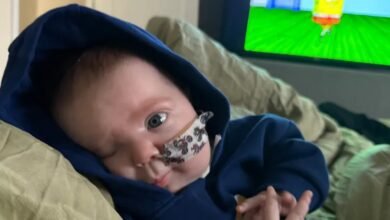For 30 Years, My Father Made Me Believe I Was Adopted – I Was Shocked to Find Out Why
The Devastating Lie That Hid a Family Secret—and How I Reclaimed My Truth
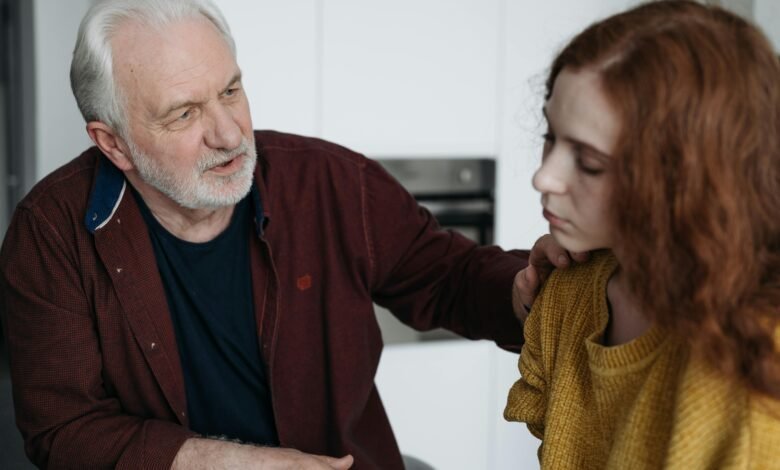
For thirty years, I believed my father’s lie. At three years old, he sat me down and told me I was adopted—that my “real parents” couldn’t care for me. My mother died shortly after, leaving only fleeting memories of her warmth. My father raised me alone, but his resentment simmered beneath the surface. When I struggled to tie my shoes as a child, he’d snap, “Must be from your real parents.” By adolescence, I stopped asking questions, convinced I was unwanted by a family I’d never know.
At sixteen, I timidly asked for proof of my adoption. He handed me a single, flimsy certificate—no details, just a name and a seal. It felt hollow, but I buried my doubts. For years, I endured classmates’ whispers about being “sent back” and my father’s cold detachment. Then I met Matt, whose quiet curiosity unearthed the truth I’d ignored. “Have you ever looked into your past?” he asked. I hadn’t—until that question festered.
We drove to the orphanage my father had always claimed I was from. The building felt familiar; he’d brought me here yearly, pointing at its weathered bricks as “where you began.” But when I asked the staff for records, the elderly archivist found nothing. No paperwork, no history—just empty databases. “If you’d been here, we’d have proof,” she said gently. My legs buckled. The lie unraveled faster than I could breathe.
I confronted my father that same night. He opened the door, startled, as I demanded answers. After a suffocating silence, he confessed: My mother had an affair. I was her biological child, but not his. When she begged him to stay, he agreed—but forged the adoption story to distance himself from the betrayal. “I couldn’t look at you without seeing her,” he admitted, voice trembling. The certificate was fake. The orphanage visits? A cruel charade to sell the lie.
The truth gutted me. For three decades, he’d punished me for existing—a constant reminder of my mother’s mistake. His shame became my identity: the “adopted” child, the burden, the stranger in his home. I’d blamed myself for his distance, believing I was unlovable to two sets of parents. Now, I realized it was never about me.
Matt gripped my hand as I stood, tears blurring my vision. “I was just a kid,” I whispered. My father crumpled, pleading apologies, but I walked out. His pain had stolen my childhood, my sense of belonging. Yet, in that moment, clarity replaced anger: He was the one who’d failed—not me.
Days later, I returned to the orphanage, not for records but closure. The archivist offered tea and a listening ear. “You’re not the first to uncover family secrets here,” she said, her kindness a balm. I left feeling lighter, as if shedding a skin that never fit.
Now, I’m learning to reframe my story. The man I called “Dad” chose bitterness, but I choose freedom. DNA doesn’t define worth, and lies don’t erase resilience. Some nights, I still grieve the father he couldn’t be. But I hold onto my mother’s memory—her laugh, her love—knowing she wanted me. That’s enough.
Matt and I visit her grave sometimes. I tell her about my life, my healing, the future I’m building. The wind rustles the leaves, and for a moment, I swear I feel her hand on mine.
My father calls occasionally. I don’t answer. Forgiveness may come, but not yet. For now, I’m reclaiming the pieces he fractured—not as an orphan, a secret, or a mistake, but as someone whole.
The past shaped me, but it doesn’t own me. And that’s the truth no lie can touch.
